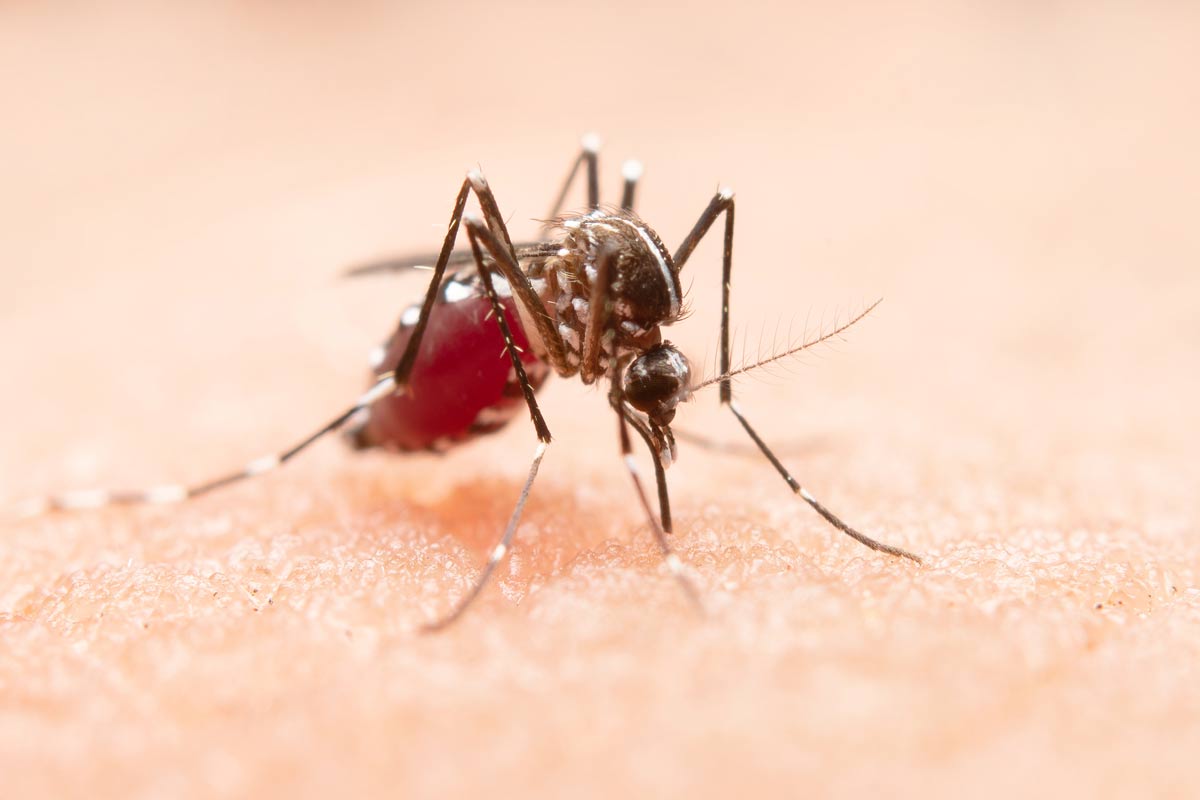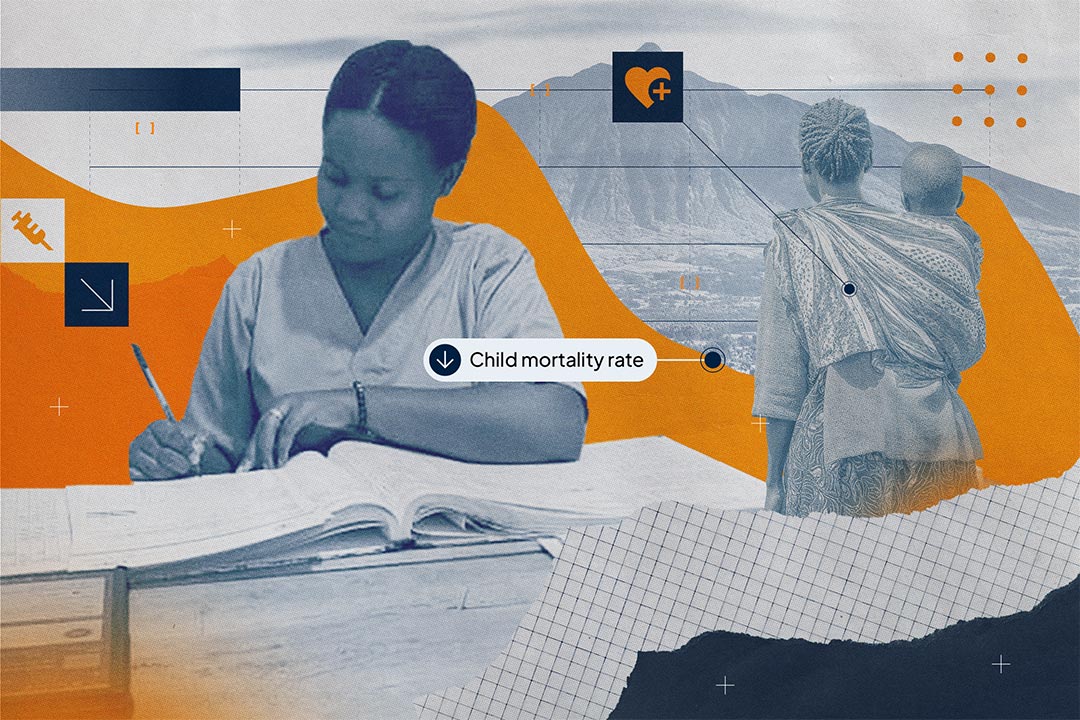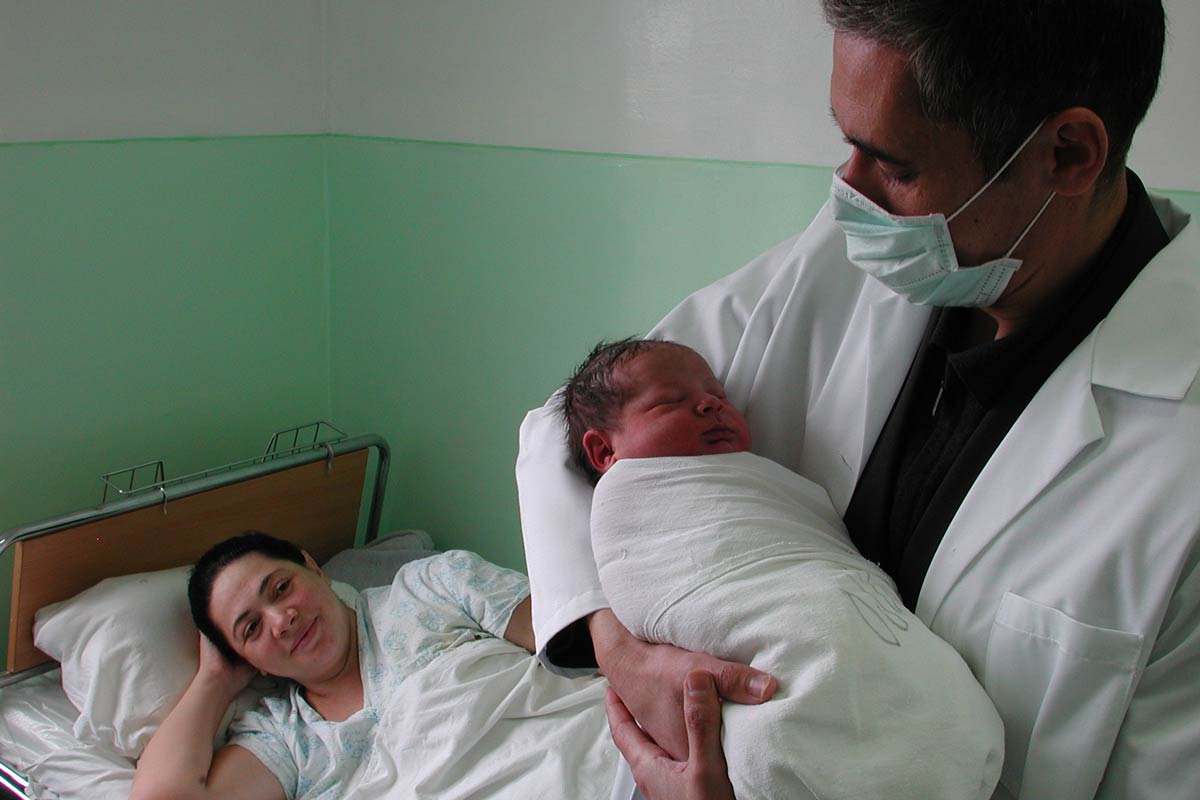How effective is a fourth dose of COVID-19 vaccine?
As some countries gear up to roll out a fourth dose of the vaccine to boost immune responses, data suggests it is not necessarily needed for everyone.
- 22 April 2022
- 3 min read
- by Priya Joi

As the pandemic continues on with no clear end in sight to SARS-CoV-2 circulation, some countries have either recommended or are considering rolling out a fourth COVID-19 dose to boost waning immunity.
As some have only just had their third dose, it may be too early to say definitely whether or not a fourth dose is needed, and for which part of the population. But what does the data tell us so far?
“Giving four doses to immunocompromised patients is a very different kettle of fish from the general population where you’re just boosting the immune response.”
Protection for older people
Countries such as the US, UK and Australia are recommending fourth doses for people who are immunocompromised. Israel became the first country to administer a fourth dose more widely in January, when it approved the administration of a fourth dose of the BNT162b2 vaccine (Pfizer-BioNTech) to people aged 60 years or older as well as to high-risk populations and health care workers, if more than four months had passed since their third dose.
They now have data from over a million people on how effective the fourth dose has been in preventing infection and severe disease in different parts of the population. In one paper published in The New England Journal of Medicine, they studied 1.2 million people aged 60 years and older. They found that the rate of severe COVID-19 a month after of the fourth dose was 3.5 times lower than that in the three-dose group.
No benefit for health workers
However, a separate study in healthy, young health care workers did not show the same benefit. Of the 1,050 eligible health care workers enrolled in the Sheba HCW COVID-19 Cohort, 154 received the fourth dose of Pfizer-BioNTech and 120 received the Moderna vaccine.
Have you read?
The researchers saw that the vaccine triggered a robust immune response – both IgG antibodies and neutralising antibodies were raised nine- or tenfold – and there were no major adverse events.
However, when it came to looking at infections, there was little difference between the groups. In the control group who had not received a fourth dose, 25% were infected, compared with 18.3% of Pfizer-BioNTech fourth dose group and 20.7% of the Moderna group. Vaccine efficacy against any SARS-CoV-2 infection was 30% for a fourth dose of Pfizer-BioNTech and 11% for Moderna.
This indicates, say the scientists that a “fourth vaccination of healthy young health care workers may have only marginal benefits”.
Boosting responses in the immunocompromised
Dr Michelle Willicombe, from Imperial College London’s department of immunology is leading a UK study to look at the immune response in people who are immunosuppressed. Dr Willicombe told the British Medical Journal that data shows “some immunocompromised patients aren’t making any response or inadequate responses compared with healthy controls after three doses, so they need four to even get anything detectable.”
She added: “Giving four doses to immunocompromised patients is a very different kettle of fish from the general population where you’re just boosting the immune response.”
Although healthy people have a demonstrable immune rection from a fourth dose, this doesn’t necessarily warrant large-scale rollout. “If you give someone a boost, and they’ve got a normal immune system, they’re going to get a boost in response,” said Dr Willicombe. “The question is, is it needed?








